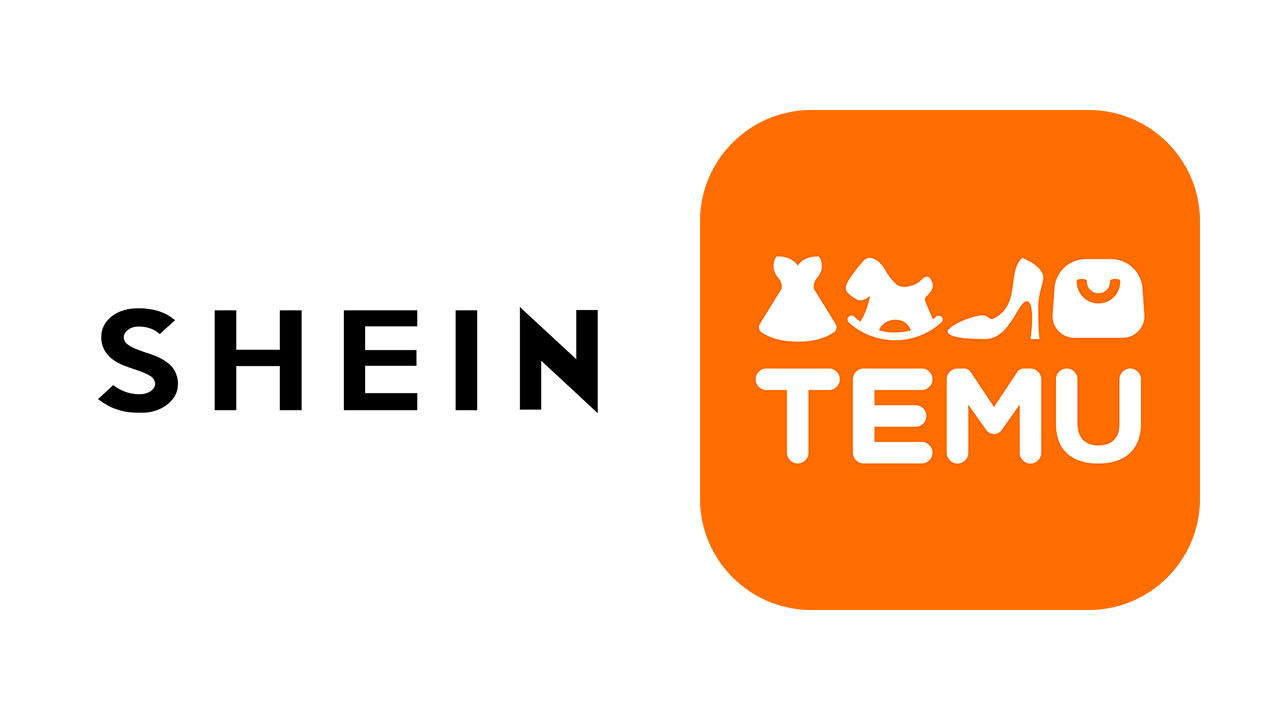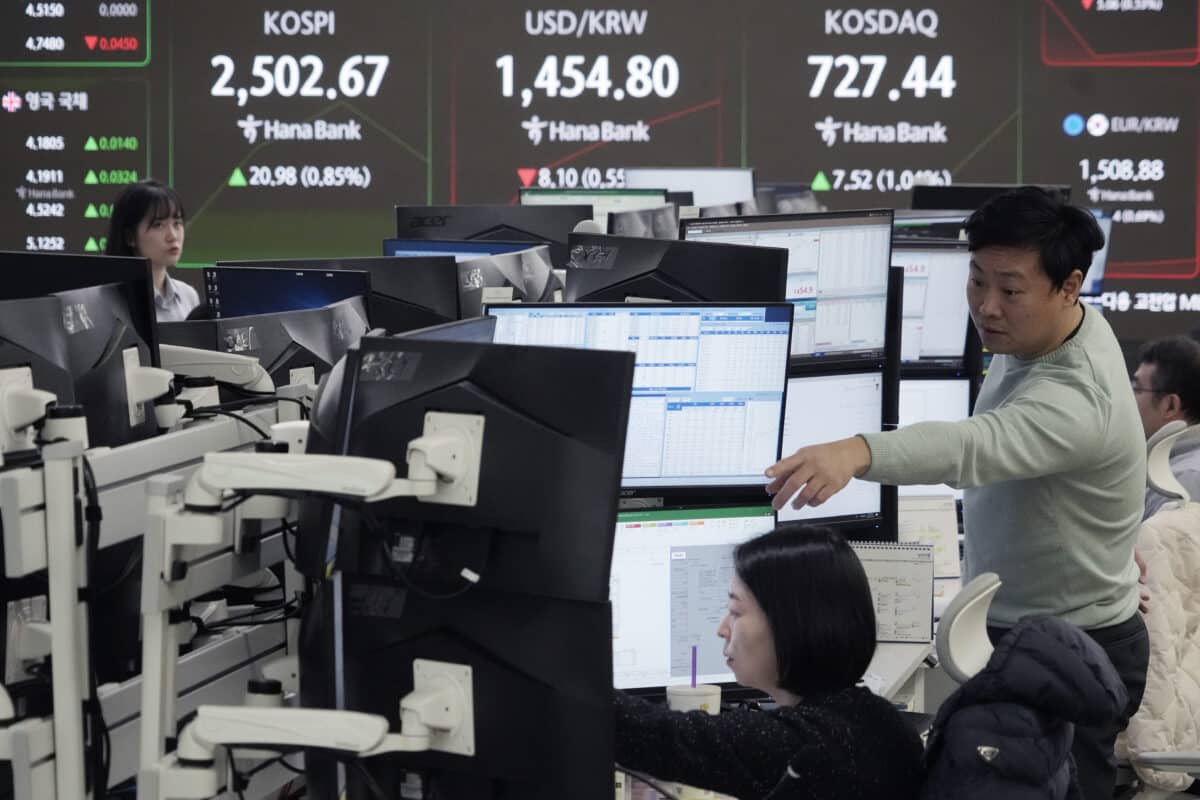Trump Administration Mulls Placing Shein and Temu on 'Forced Labor' Watchlist, Reports Semafor
The U.S. is considering adding Chinese e-commerce giants Shein and Temu to its 'forced labor' list, according to reports. Both companies have denied using forced labor, with Shein asserting compliance with the Uyghur Forced Labor Prevention Act and Temu enforcing a strict anti-forced labor policy. This move follows China's imposition of tariffs on U.S. imports in response to new U.S. sanctions.

The U.S. government is reportedly considering placing Chinese e-commerce giants Shein and Temu on the Department of Homeland Security’s "forced labor" list, raising concerns over the companies' supply chain practices and further escalating trade tensions between the two global economic powerhouses.
Scrutiny Over Labor Practices
According to a report by Semafor, discussions are underway within the Trump administration regarding the potential designation. However, a final decision has not yet been reached, and the administration may ultimately decide against the move.
The primary concern driving the consideration is compliance with the Uyghur Forced Labor Prevention Act (UFLPA), which bans the importation of goods made using forced labor from China’s Xinjiang region. The U.S. government has expressed concerns that supply chains linked to Shein and Temu may contain materials or labor sourced from Xinjiang, where human rights organizations allege forced labor practices are widespread. Both companies have categorically denied such allegations.
Shein, a fast-fashion giant with a dominant online presence in the U.S. market, stated that it fully complies with UFLPA regulations and maintains a strict zero-tolerance policy for forced labor. Similarly, Temu, a rising e-commerce competitor owned by PDD Holdings, also rejected the allegations, stating that it has rigorous supplier vetting processes in place to ensure compliance with labor laws.
Impact on the U.S.-China Trade War
The possible listing of Shein and Temu on the forced labor blacklist comes at a time of heightened trade tensions between the U.S. and China. Recently, China retaliated against U.S. tariffs by imposing its own restrictions on American imports and warning multinational corporations, including Google, of potential sanctions.
This move could further strain the already fragile relationship between Washington and Beijing. If Shein and Temu are formally added to the list, the companies may face significant operational and financial repercussions, including restrictions on imports and potential bans on their products entering the U.S. market. Such a decision would also put pressure on American retailers and consumers, as both companies offer popular, affordable fashion and household products to millions of customers in the United States.
Regulatory and Political Ramifications
The forced labor allegations against Chinese companies have been a longstanding concern for U.S. policymakers, particularly in the wake of bipartisan efforts to curb imports linked to unethical labor practices. Lawmakers have previously called for greater scrutiny of Shein, Temu, and other China-based firms operating in the U.S. marketplace.
The House Select Committee on the Chinese Communist Party has pushed for more aggressive action against Chinese companies that allegedly exploit forced labor. Some U.S. legislators argue that platforms like Shein and Temu exploit de minimis import rules, allowing them to ship packages directly to consumers without undergoing stringent inspections.
If the U.S. moves forward with this decision, it could set a precedent for tighter regulatory oversight on e-commerce imports from China and potentially encourage similar actions against other Chinese firms operating in the U.S.
Industry Response and Consumer Impact
The fashion and e-commerce sectors are closely watching the U.S. government’s deliberations, as a forced labor designation could lead to widespread disruptions in the supply chain. Experts warn that a ban on imports from Shein and Temu could drive up prices for budget-conscious American consumers who rely on their low-cost products.
Furthermore, analysts suggest that if the U.S. takes action against Shein and Temu, China may retaliate with further economic countermeasures, exacerbating the ongoing trade conflict. This could include imposing restrictions on U.S. tech firms, agricultural exports, or luxury goods, leading to broader implications for global commerce.
What Comes Next?
The Trump administration’s decision on Shein and Temu will be closely watched in the coming weeks. If added to the forced labor list, both companies will likely face increased regulatory scrutiny, and their ability to operate in the U.S. could be significantly hindered.
For now, Shein and Temu continue to expand their U.S. market presence, assuring consumers and regulators that their supply chains are ethical and compliant with international labor laws. However, as political pressure mounts and trade tensions escalate, the future of these e-commerce giants in the American market remains uncertain.
What's Your Reaction?












/https://tf-cmsv2-smithsonianmag-media.s3.amazonaws.com/filer_public/54/66/546650fa-26a4-40fd-8d6d-5a7a04540f81/rosetta2.png)
:max_bytes(150000):strip_icc():focal(999x0:1001x2)/robert-prevost-050825-1-39395418ab494da5a3a700c9478e66c8.jpg)















































format(webp))
format(webp))

























